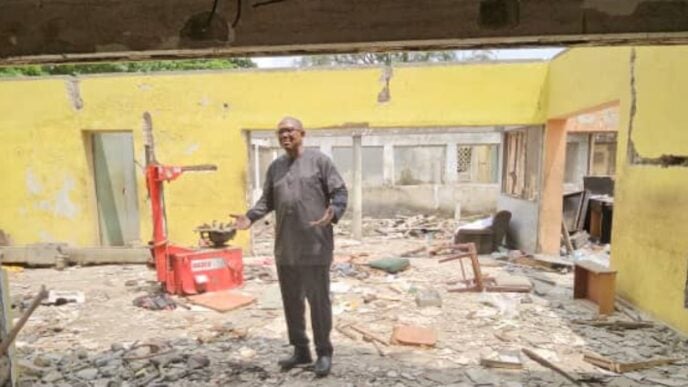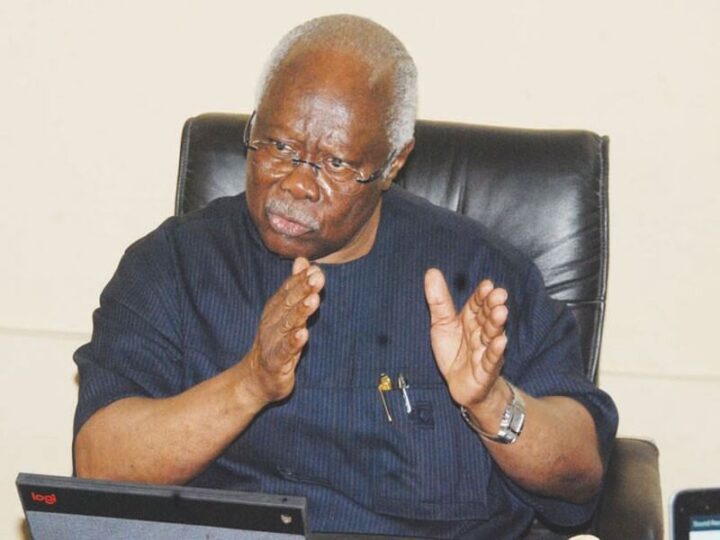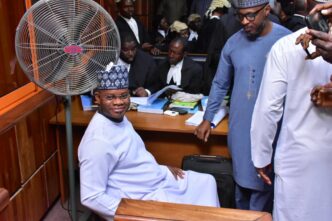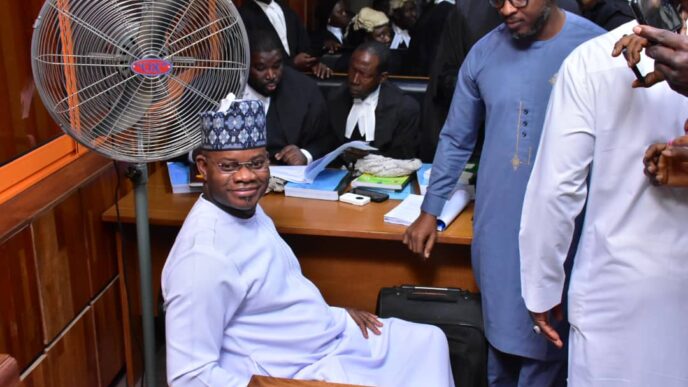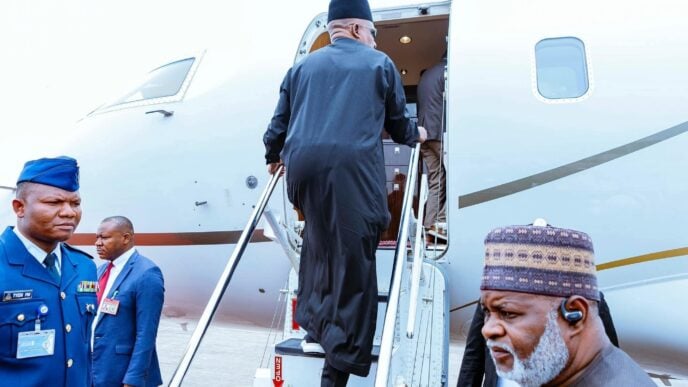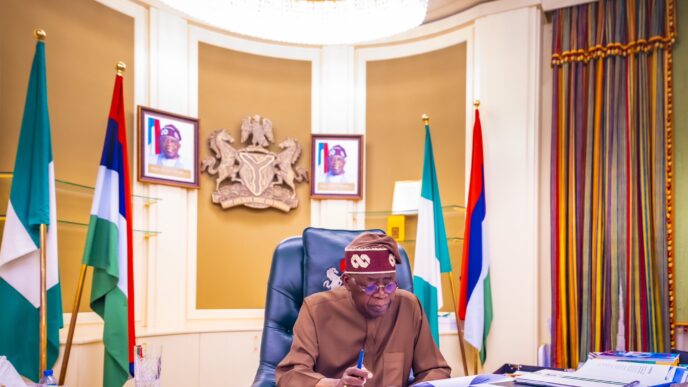A competition and consumer protection tribunal (CCPT) sitting in Abuja has dismissed a class action suit filed by Uche Diala and 961 other subscribers of DStv and GOtv against MultiChoice Nigeria and the Federal Competition and Consumer Protection Commission (FCCPC), citing lack of jurisdiction.
Diala had sought the intervention of the tribunal to reverse the tariff hikes and compel MultiChoice to adopt more flexible billing options in Nigeria.
He also argued that MultiChoice’s pricing model discriminated against Nigerian consumers compared to counterparts in other markets.
The suit challenged MultiChoice’s decision to increase subscription tariffs in November 2023 and May 2024 without prior consultation with consumers.
Advertisement
The claimants argued that the hikes were arbitrary, exploitative and amounted to unfair trade practices.
They also faulted the company’s billing model, demanding the introduction of a pay-as-you-view system similar to what is offered in other markets like South Africa.
However, MultiChoice, through its counsel, filed a preliminary objection challenging the jurisdiction of the tribunal to entertain the matter.
Advertisement
The company argued that the pricing of its services does not fall under the tribunal’s remit, and further stated that the claimant failed to seek leave of the tribunal before instituting a class action in a representative capacity.
‘PRICE REGULATION UNDER THE PURVIEW OF THE PRESIDENT’
In its ruling on Thursday, a three-man panel, led by Thomas Okosu, after considering arguments on jurisdiction, held that the reliefs sought by the claimants bordered on price regulation.
“The issue of price regulation is a matter that falls within the exclusive purview of the President of the Federal Republic of Nigeria, as stipulated in existing legislation,” Okosu said.
Advertisement
The tribunal agreed with MultiChoice’s position, ruling that the “core issues raised by the claimants amounted to a request to regulate the pricing of products and services, which falls under the Price Control Act and is solely the responsibility of the executive arm of government”.
While acknowledging that the FCCPC Act grants the tribunal both original and appellate jurisdiction, the panel ruled that such jurisdiction does not extend to price control unless it pertains to abuse of dominance — a point not substantiated in this case.
On the question of whether Diala needed to obtain leave before filing a representative action, the tribunal held that while it is good practice, failure to do so in this case was not fatal to the suit.
It said representative actions can be implied from the facts of the case, particularly when a common interest and grievance are established.
Advertisement
Nonetheless, the tribunal concluded that it could not proceed to hear the substantive matter since it lacked the legal authority to determine issues of price regulation.
“The preliminary objection of the first defendant succeeds,” the panel ruled.
Advertisement
“This suit is accordingly struck out for want of jurisdiction.”
On May 8, a federal high court in Abuja upheld the hike in DStv and GOtv subscription rates following a suit filed by MultiChoice Nigeria Limited against the FCCPC.
Advertisement
James Omotoso, the leading judge, had said the FCCPC has no right to fix or suspend prices.
Advertisement


